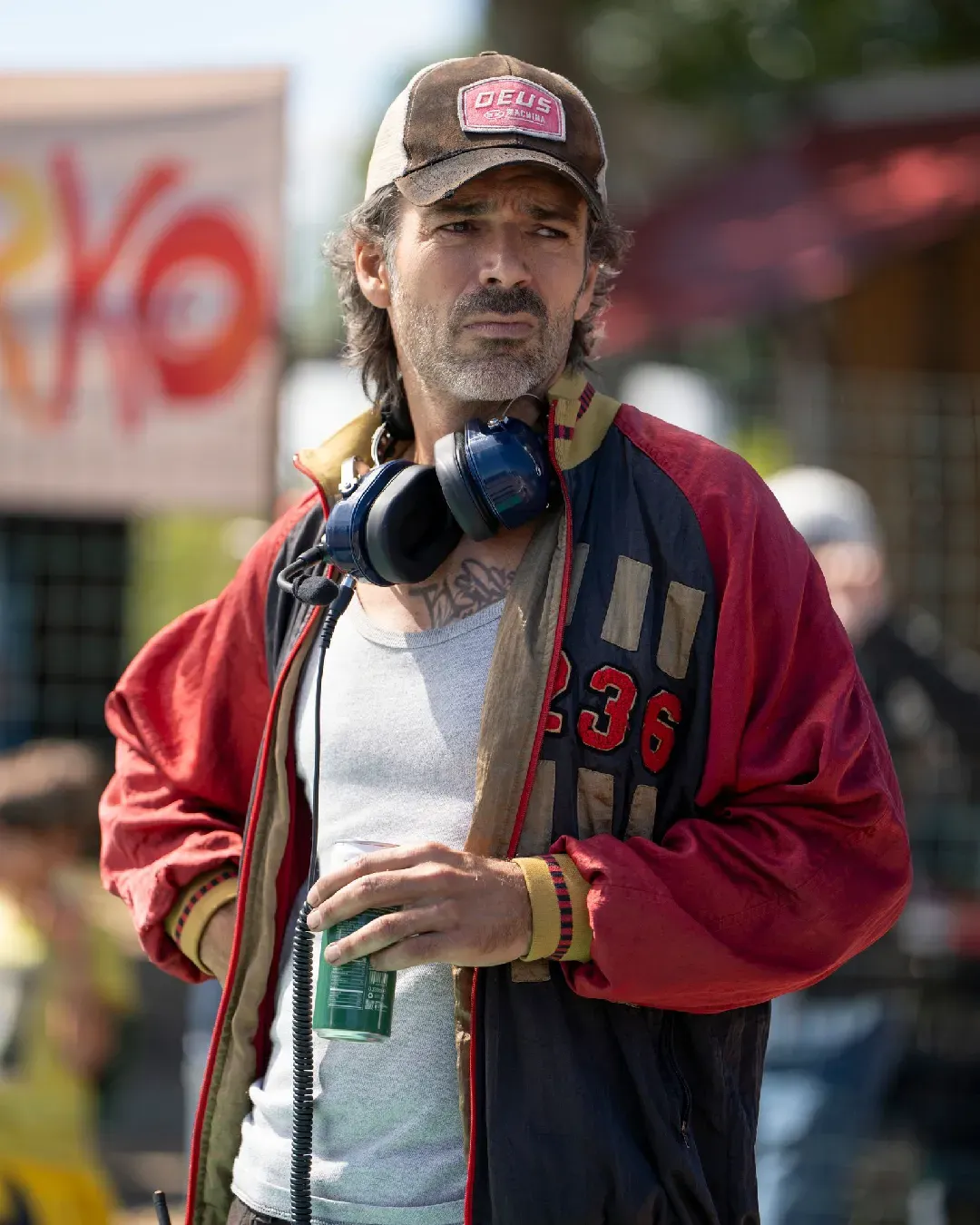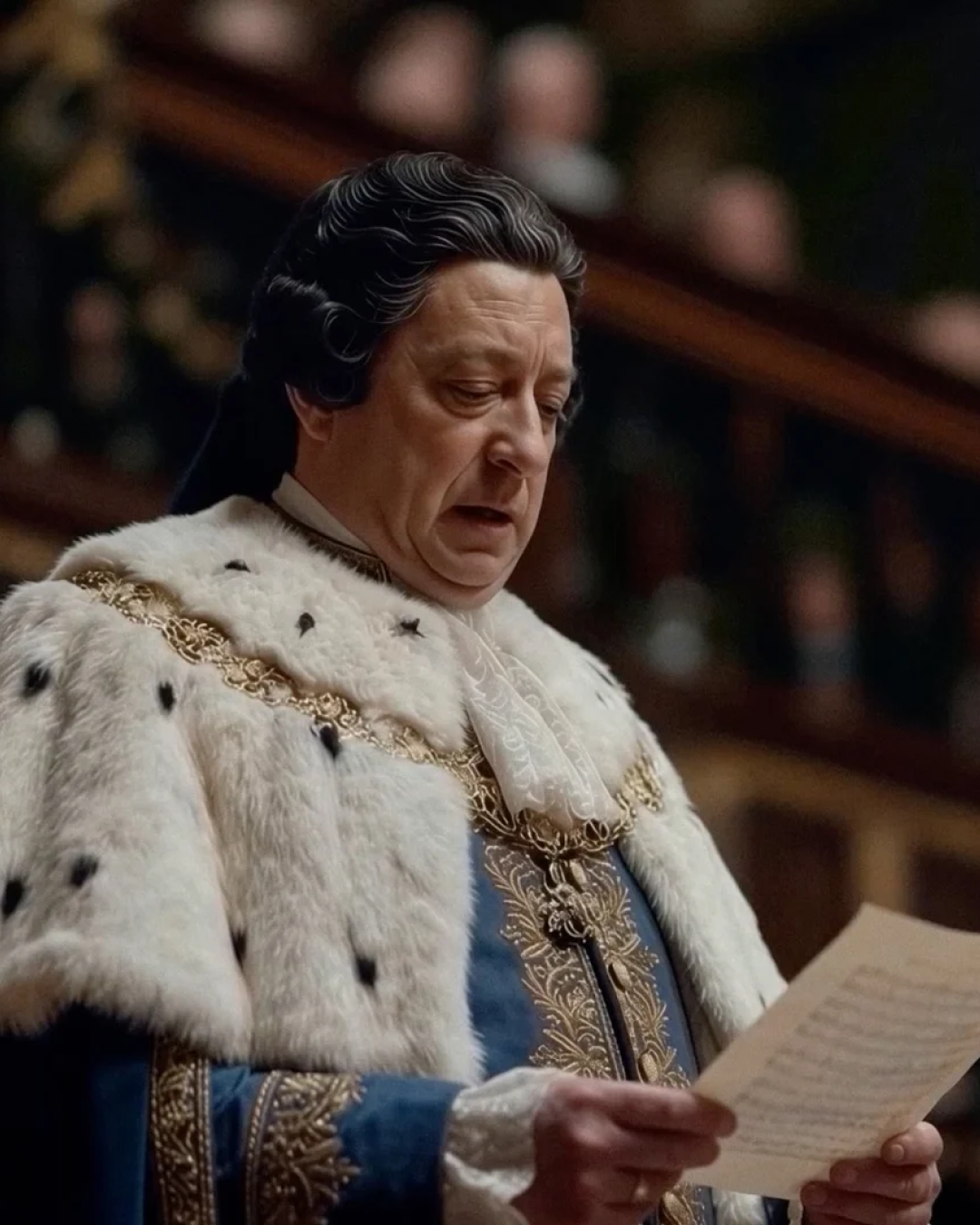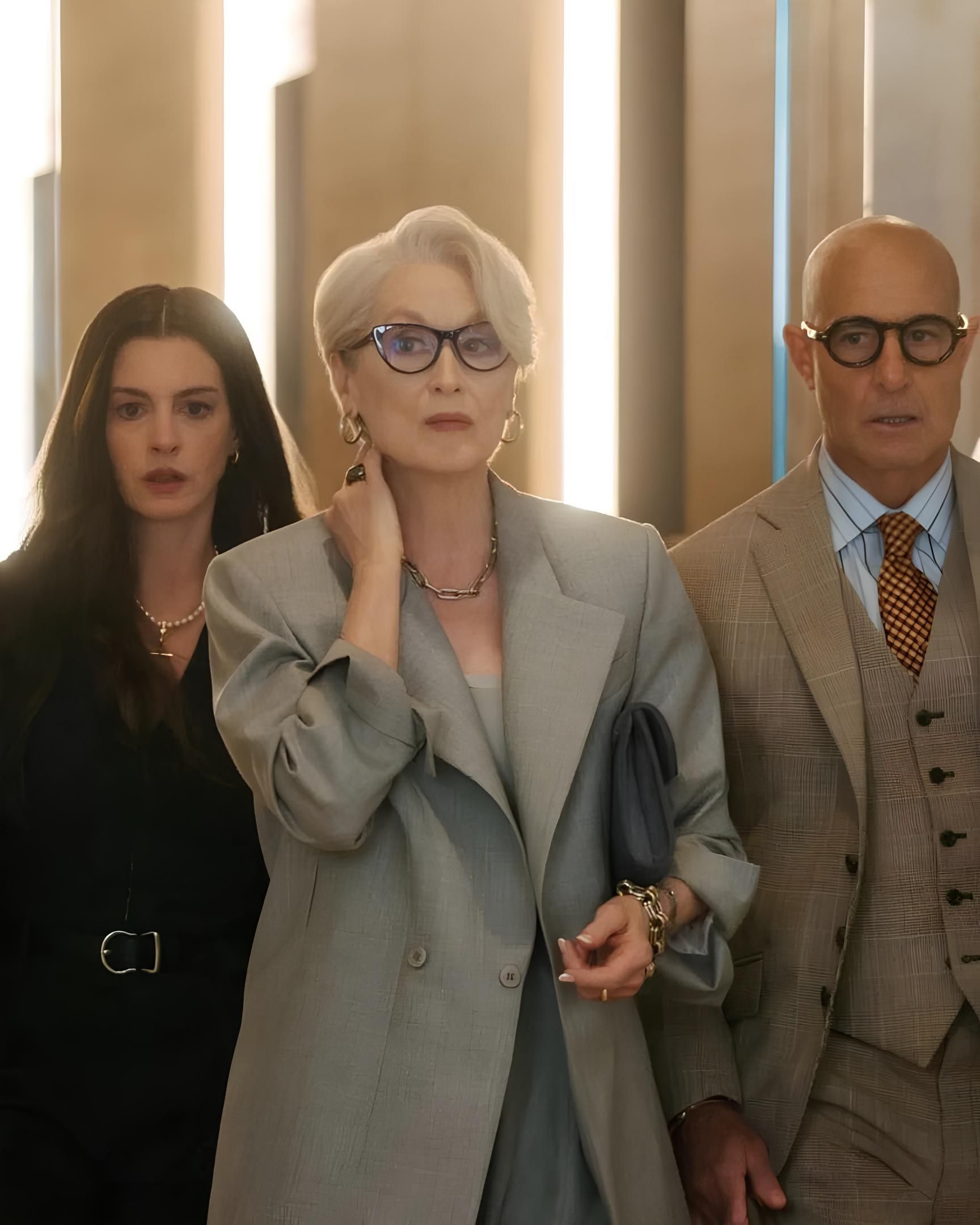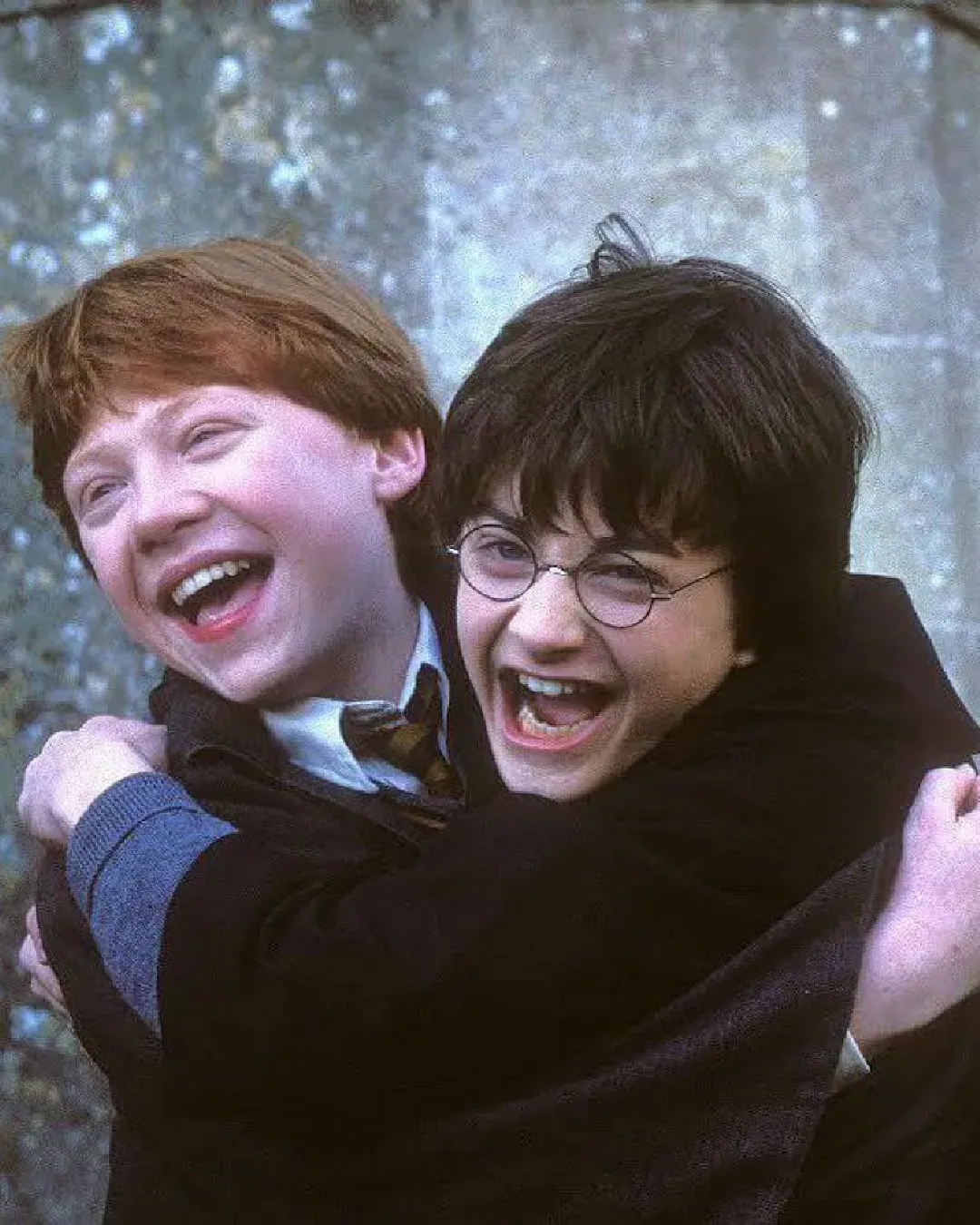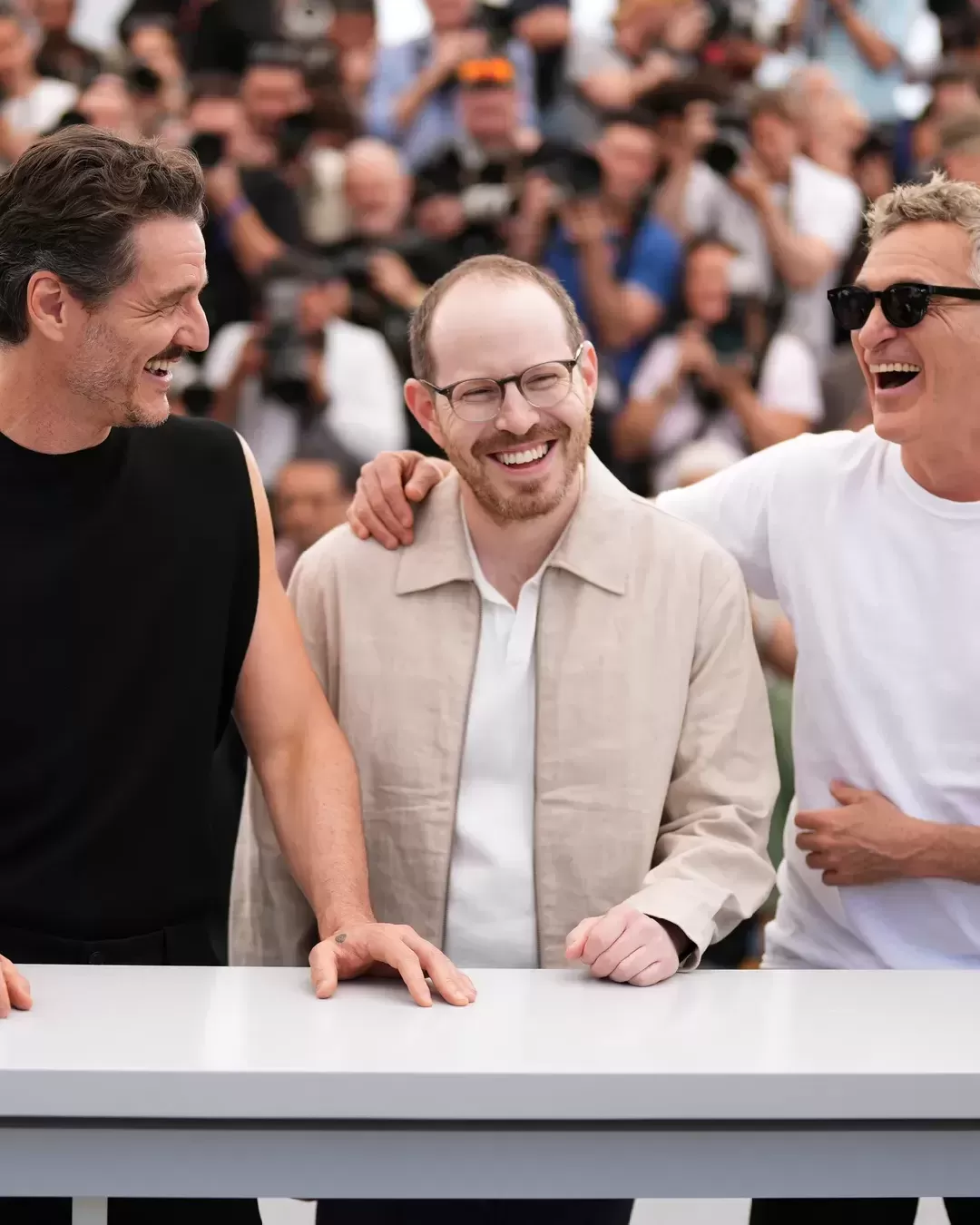
"Eddington" is Ari Aster's new digital western The director narrated America from 2020 to today
There is something that all young directors who have managed to capture the audience's attention have in common. A sort of curse, one that doesn’t strike just anyone indiscriminately, and that tends to afflict those who, more than others, have managed to stand out and get people talking—whether in a positive or, for some, negative way. It’s the hatred that these filmmakers inevitably stir up. In Italy, it happened with the D’Innocenzo brothers, radical voices in the national scene, while Xavier Dolan is the international example of an auteur celebrated early in his career, only to later experience a sharp decline in acclaim. One might say there's nothing personal (certainly not), and that, looking at the evolution of their filmographies, there's been a downturn that has understandably cooled critical and public enthusiasm. In the case of Ari Aster, it was the shift from horror to dark comedy with Beau Is Afraid, which received a lukewarm reception and saw the director, once hailed as a new horror visionary after Hereditary and Midsommar, fall out of favor. Rather than hatred—so as not to be melodramatic—we might say that Aster was struck by the curse of widespread dislike, which suddenly made him intolerable to many and cast doubt on his auteur status. With his new film Eddington—premiered at the 78th edition of the Cannes Film Festival—he might further deepen the divide between those who appreciate his cinema and those who simply can’t stand it.
The story of Eddington centers on a New Mexico town in crisis during the height of the Covid-19 pandemic. It’s further confirmation of Aster’s gradual move away from genre filmmaking and affirms his desire not to cling to horror—the genre he became known for. After Beau, Joaquin Phoenix returns to work with the director and plays a sheriff in constant rivalry with the mayor (Pedro Pascal) and in a precarious marriage with a colleague (Emma Stone) in Eddington. As in every other American town, Eddington receives the order to wear masks and maintain distance to prevent the spread of the virus that paralyzed the world in early 2020. From this recent event, a backdrop for dramatizing the rivalries and frustrations of his characters, Ari Aster weaves a satire that could seem overblown—if not for the fact that reality often outstrips fiction. The director and screenwriter condenses into two hours and twenty-five minutes everything the world lived through and watched on their smartphones during that period. A result that seems absurd, considering it's developed and compressed into a single film, but if we think about it, it perfectly reflects the insane times we lived through and whose effects we are still suffering from.
EDDINGTON is a slightly embellished (and hilarious) portrayal of the real hysteria, conspiracy & polarisation of America that peaked during the pandemic and remains prevalent.
— yasmine | ياسمين (@filmwithyas) May 16, 2025
The first good film to emerge out of the pandemic and a glimpse at how batshit crazy that era. pic.twitter.com/0T9AlDTw8O
To Covid-19, Aster adds the Black Lives Matter movement, the rise of youth activism as we know it today, with the turmoil and protests it sparked and the virality that made all this chaos visible, shareable, immediate. “Just don’t make me a thing,” says Phoenix’s sheriff to a subordinate when he posts a video accusing a community member of rape. That line is the linchpin of all the actions the protagonist will take and, with him, a world that Eddington brings to collapse. It’s the opposite of how Beau Is Afraid begins: where in that film the protagonist rushed out of his house at breakneck speed to escape everything terrible that might happen, at the end of Eddington, the Oscar-winning actor is once again seen racing through the town’s streets, with his small world now corrupted and engulfed in all the contradictions, radicalizations, and absurdities dragging it down—off-screen too. In the film, the spark of major social injustice is lit by personal selfishness and jealousy, whose consequences always fall on minorities. The seemingly reactionary tone in Aster’s work is merely the illogical and unjust outcome we are often forced to endure. In Eddington, as in Beau Is Afraid, exasperation surrounds and overwhelms the characters—the same sentiment politics often exploits for its own game at the citizens’ expense, exposed by the filmmaker not with arrogance, but through plain observation.
In Eddington we find constant and pervasive screens that give way to conspiracy theories, relationships where there isn’t a single instance of genuine affection to hold on to (as shown in the storyline of the sheriff’s marriage and his wife’s past), and a descent into a hell that—if in Beau Is Afraid declared that life is crap—here says the same about society. Aster weaves a reflection that doesn’t aim to come off as preachy to the viewer, but instead wants to clearly and plainly depict the edge of the abyss we’re standing on. And, since there’s little that can be done, sometimes the director prefers to laugh about it, even with pop irony—if he had already expressed it through Mariah Carey’s music in Beau Is Afraid, this time he reserves the hit Firework by Katy Perry. So, is Eddington the modern western? Probably not. Or probably yes, considering that horses and saloons have been replaced by cars and big data, but the guns remain. A land to fight for and ideals to embody—right or wrong, the protagonists have them, along with the score by Bobby Krlic and Daniel Pemberton, which echoes the genre in a few sparse, distant notes. One thing’s for sure: Eddington is the story of America from 2020 to today, and how else can we describe it if not as a wild, dangerous, armed, and digital Wild West.









































